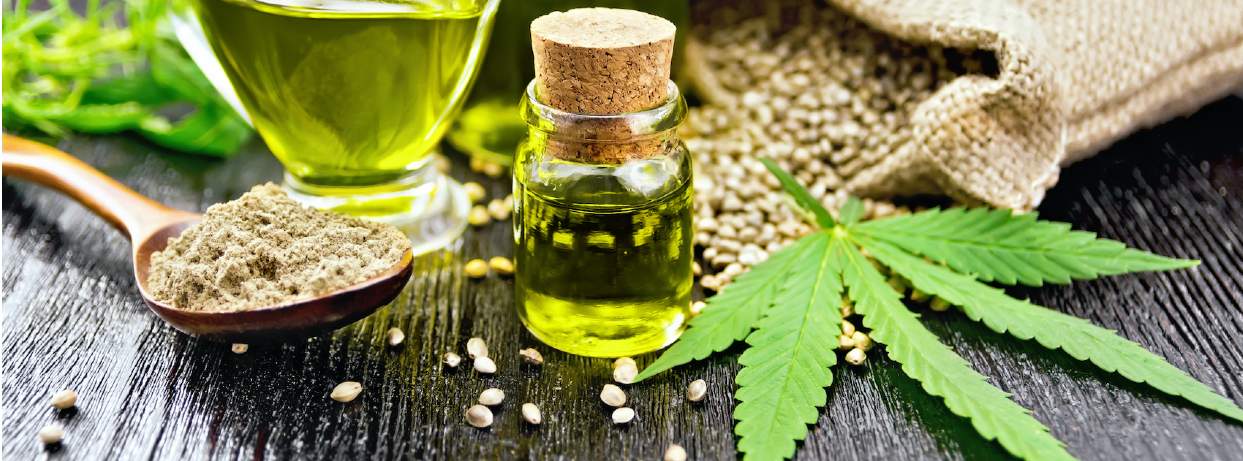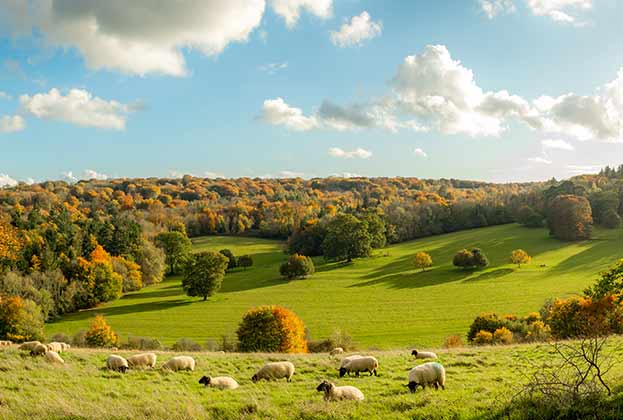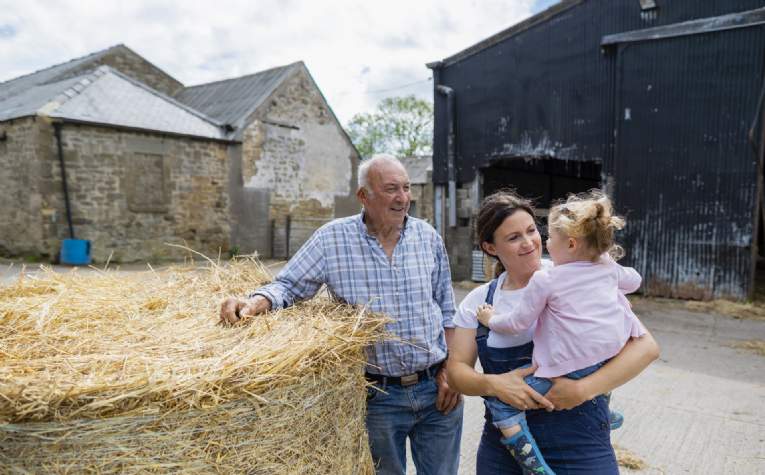If you have visited a health and beauty store recently, you have likely been confronted by the unmistakeable silhouette of the Cannabis sativa leaf. Products from the plant can be found in body care preparations, food supplements, clothes and more.
One particular compound from the plant seems to be behind recent market growth. It has been suggested that cannabidiol (CBD) can relieve anxiety and pain and improve wellbeing. Increasing awareness of these perceived health benefits has led to a rapidly growing market. It is already estimated to be worth around £300 million in the UK. A figure that is expected to more than triple in the next five years, creating a billion pound market by 2025.
Yet all CBD is imported into the UK, mainly from the US and Eastern Europe. It is questionable whether all of these products undergo the rigorous testing process required in the UK to confirm compliant levels of controlled substances. The FSA recently stated that foods and supplements made using cannabidiol are not properly authorised and could be 'risky' for vulnerable groups. Other studies have shown higher than permitted levels of controlled substances in these high street products. They could soon be pulled from the shelves if more safety information is not provided.
UK growers target high value product
As the main producer and exporter of licit cannabis in the world, will we see UK growers fulfilling demand for higher quality CBD products? Unlikely. The UK has a strict licensing regime in place around the production of cannabis. Securing a licence requires a full route to market strategy, proof of growing capability and significant capital investment. Should investors overcome this obstacle, isolating CBD for the high street is a low yield option despite a booming market.
Strict regulation means cannabis-derived products from the UK are produced to an extremely high standard. Instead of high street goods, they are used for medical or scientific purposes, for which they attract a notably higher price. UK growers are unlikely to make the change to high street products from an already well-established medical cannabis industry.
Between 2015 and 2017, UK production of cannabis-derived medical products increased by over 500 per cent. Producing 235 tonnes of product in 2017 meant the UK was responsible for almost two-thirds of global production. It was also responsible for more than two-thirds of total global exports. Yet such large numbers are attributed to a handful of producers harvesting around 38 hectares due to the strict licensing regime.
Big risk, big reward?
The road to being granted a licence from the Home Office is complex and potentially expensive. Once granted, there is no guarantee of commercial success meaning many are dissuaded from investing. But such risk can be mitigated through investing in specialist consultants who often prove invaluable throughout the growing process.
Such expertise can deliver multiple benefits:
- Ideal site location
- Successful licence applications
- Correct cultivation equipment
- Access to partnerships
When such difficulties have been overcome, the strict regulatory system arguably works in favour of growers. With so few willing to run the regulatory gauntlet, competition is reduced in an industry with a reputation for producing high quality produce. Once accessed, this industry provides a significant opportunity for healthy returns.
Further information
Read more: The CBD market

.jpg)
.jpg)
.jpg)
.jpg)

.jpg)


.jpg)
.jpg)